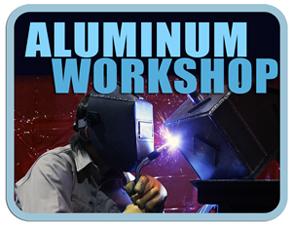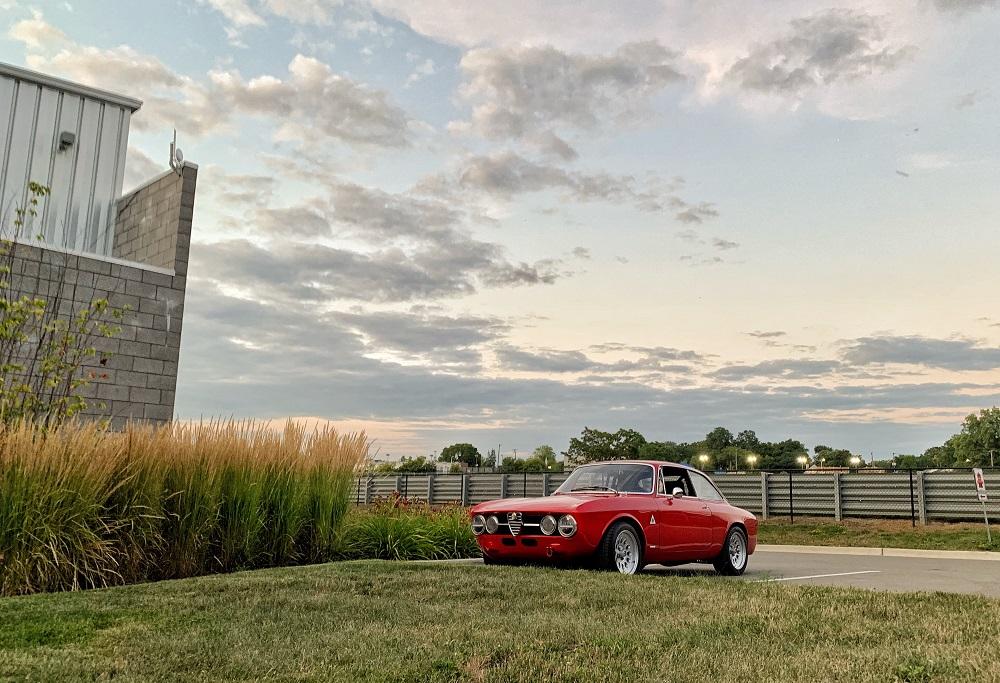Hi,
i bought from a french gentleman a supposed very good condition 875 sport engine with low milage. And that is true, under certain angles, it was looking good.
After closer inspection i found that flywheel that was appart, was a useless for me as it was a 930 one, and that block got lighter after meeting the pavement or a rock.
From experience, as this must have happened in the past:
- For road use, can it be still go like this with 2 bolts missing ?
- Can it be repaired soldering a new piece of aluminium ? If yes was kind of aluminium is it ?
- Should i consider it for parts and get another block ?
Thank you !
i bought from a french gentleman a supposed very good condition 875 sport engine with low milage. And that is true, under certain angles, it was looking good.
After closer inspection i found that flywheel that was appart, was a useless for me as it was a 930 one, and that block got lighter after meeting the pavement or a rock.
From experience, as this must have happened in the past:
- For road use, can it be still go like this with 2 bolts missing ?
- Can it be repaired soldering a new piece of aluminium ? If yes was kind of aluminium is it ?
- Should i consider it for parts and get another block ?
Thank you !




Comment